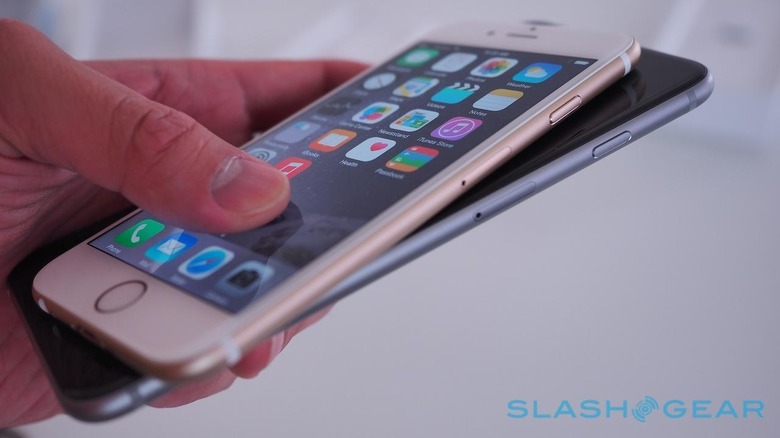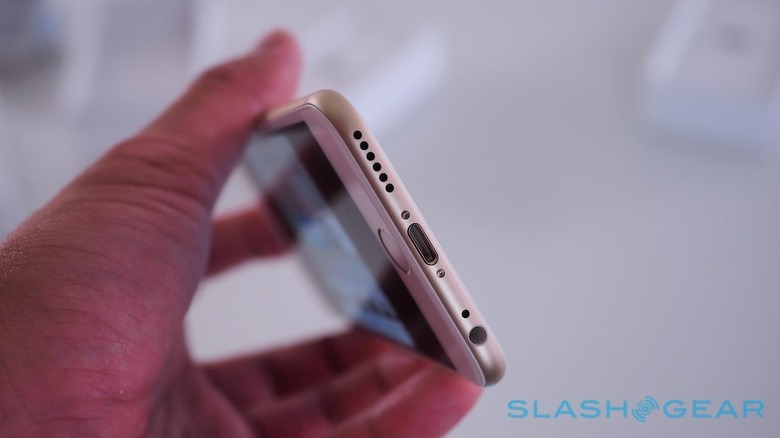Apple Sued For Slow iPhone Planned-Obsolescence In France
Apple's headache over slowing old iPhones continues, with threats of a costly lawsuit in France amid accusations of planned obsolescence. Faced with older iPhones that, due to battery aging, could unexpectedly crash when running system-intensive apps, Apple introduced a "smoothing" technique in earlier versions of iOS. Far from pleasing users, however, that decision has backfired considerably.
The problem Apple faced was one of battery chemistry. As lithium-ion batteries age, not only does their capacity reduce – meaning your iPhone won't last as long away from its charger – but their peak voltage capability lowers. In that situation, when apps with heavy processing demands were run, the iPhone could go into a safety shutdown so as to prevent component damage, because the battery was unable to provide sufficient power for the CPU.
Apple's fix was to effectively delay some of the processing in that situation, spreading it out and in the process reducing the peak voltage required from the battery. Of course, that also has the result of slowing the iPhone overall. The technique was first pushed out for the iPhone 6, iPhone 6s, and iPhone SE, but has since been released for the iPhone 7 generation of phones in anticipation of their batteries naturally aging, too.

Whether or not it was a good strategy, what many have taken issue with is how Apple communicated – or failed to communicate – exactly what it was doing. That has caught the attention of the French group Halte l'Obsolescence Programme (HOP), which focuses on preventing planned obsolescence. It's a controversial topic in France, indeed, where the "Hamon Law" was passed in 2015 to sanction companies believed to be artificially nudging consumers into upgrading.
So far, the best-known target of that law – and HOP – has been printer manufacturers, but on Wednesday this week a lawsuit was filed against Apple over the iPhone slowdown, Le Monde reports. While it must still be weighed by prosecutors before it gets any time in court, the risk is significant. If found guilty, fines could reach the hundreds of thousands of euros, or even be based on a percentage of the Apple's turnover.

There are some important provisos to consider. The Hamon Law requires that consumers prove that they've suffered actual damage to their economic interests, which means older iPhone owners will have to demonstrate that a slower smartphone was more than just an idle annoyance.
Still, it's not the only negative attention Apple has found itself facing for its slowdown decision. South Korean regulators are also demanding answers from the Cupertino company and, while they may not currently have the power to open an investigation, lawmakers there are petitioning to change the rules so as to change that situation. Meanwhile, in the US there are now numerous lawsuits being filed on behalf of frustrated consumers.
